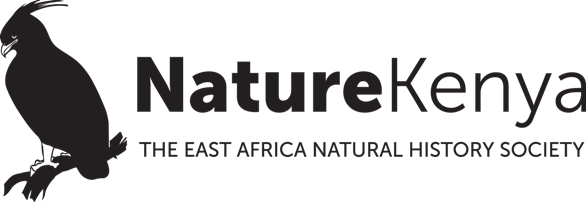You are likely to find indigenous chicken or Kuku Kienyeji on almost all menus in the eateries you visit. Many years of research and improvements on indigenous chicken breeds have made them one of Kenya’s most sought-after delicacies and rearing them a popular business undertaking. Improved local chicken breed possesses characteristics like their ability to thrive in different weather conditions, resistance to diseases, and improved growth rates, which allows it to favorably compete with exotic breeds.
The latest entrant into the chicken rearing business is a group of 50 women from Rawalo Village in Gem sub-county, Siaya County. This follows the operationalization of the poultry production unit constructed by Nature Kenya, with funding from the Darwin Initiative, through the Yala Ecosystem Site Support Group. The unit has a capacity of rearing 600 chickens. The three main functions of the unit will be incubation of chicks, rearing of chickens, and collection of eggs for sale. Brooder equipment including feeders and drinkers have been procured and 150 improved kienyeji chicks; 100 White Leghorn and 50 Kuroiler chicks delivered to kick-start the project.
“The first batch of chicks will be reared up to two months before being distributed to beneficiary farmers. Eggs produced by layers will be sold either for consumption or to local farmers for hatching to improve local breeds,” explains Emily Mateche, Nature Kenya’s Project Officer based in Siaya.
Nature Kenya has been at the forefront of initiating, developing, and diversifying sustainable nature-based enterprises in partnerships with local communities in Important Bird Areas (IBAs). The aim of such initiatives is to improve community livelihoods and support local conservation activities of the sites. These enterprises also provide alternatives to unsustainable livelihood options detrimental to the IBAs and have helped reduce over-dependence on nature products for livelihoods. Nature Kenya has successfully implemented similar ventures in Dakatcha Woodland and in Tana Delta.
“Our main objectives for establishing the chicken rearing business is to improve the household diet and income for the members of the local community. We also want to give women an alternative livelihood source to ease their reliance on natural resources to make a living,” says Emily.
To manage the chicken business, the chicken farmers have constituted a Chicken Business Sub-committee whose role is to develop internal business targets for the chicken rearing enterprise and to ensure continuous production of high quality and quantity at all times. Part of the committee’s responsibility will be to mobilize beneficiary chicken farmers to attend training and follow up to ensure skills acquired are shared with other farmers within the community and effectively utilized to enhance productivity in chicken farming.
The unit will also act as a marketing center for chicks, mature chicken and eggs. They will also negotiate for good prices in liaison with Upper Yala Site Support Group, Yala Ecosystem Site Support Group, and other partners including Nature Kenya. Value addition of products through the provision of services such as slaughtering, packaging, and sale of assorted chicken parts to butcheries or mini-markets will also be done by the unit. The beneficiaries have been linked to fish feed producers in Usenge town who will supply poultry feed at a subsidized cost. The fish and poultry feed making machine was procured with support from Nature Kenya and has helped fish farmers in Yala to minimize the cost of their fish production project.
